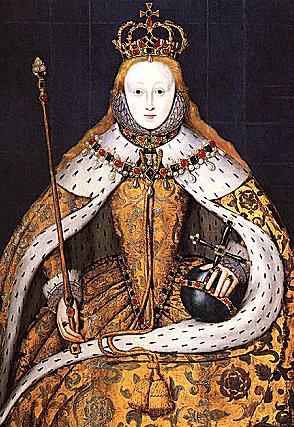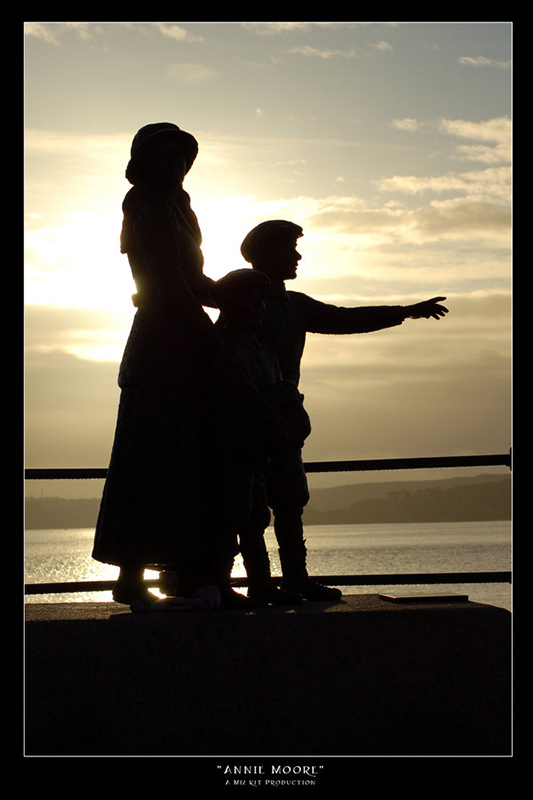On the way home from school, Indy asked about King Henry, and I said there had been several of them, from about 1200 to about 1550 (I was wrong, they started in 1100, but close enough). I said Henry VIII was the last one, and that after him his son Edward had been king, and then his daughter Mary had been queen, and then finally his daughter Elizabeth had been queen for a long time, and she’d never married or had any children. Why not, queried my child, and I…
Tag: history
history lesson, via #Hamilton
Me: *sings* My name is Alexander Hamilton! Indy: Who’s that? Me: He’s one of the people who fought the Revolutionary War and helped start the United States of America. He built the banks. Indy: *wide eyes* Revolutionary War? Me: Yes. You know how in 1916 in Ireland there was a revolution? The United States had one of those in 1776, a very long time ago. Indy: Did Ireland have any more revolutions? Me: Yes, in 1921. That’s when they obtained their independence from Britain, which is the same country that…
Unforgiven: A Highlander fic
So a few weeks ago, Medieval POC, the website I feel is the actual purpose of the Internet existing, posted this picture: and requested immortal vampire fic. I was all like “VAMPIRE WUT NO HIGHLANDER OBVS!” and she said that would do too. And then I, er, had an idea. And then…well, then this happened: Unforgiven: A Highlander Fic Etruria (today, Tuscany): ca 500 BC The last thing he remembered was the lion killing him. He didn’t expect to awaken in a field; he did not expect to awaken with…
Kitsnaps: Annie Moore
This statue of Annie Moore and her brothers Phillip and Anthony look west at Cobh Harbour, from whence so many Irish left for America. Annie was the first immigrant processed at the newly opened Ellis Island on January 1, 1892, the same facility my own grandfather passed through almost thirty-five years later. There’s a statue of Annie Moore at Ellis Island, too, looking eastward toward Ireland. I’d love to get a picture of that statue, too, but it wouldn’t be as spectacular as this one, by simple dint of being…
Pocoyo & Richard III
I am profoundly grateful to Stephen Fry for his wonderful narration for Pocoyo. That is all. Well, it’s not all, but it was important to say. :) I assume you all know by now that it *was* Richard III buried in the Leicester car park, which I think is enormously awesome. And also, as has been clear from Twitter all day, a great source of jokes: “A hearse! A hearse! My kingdom for a hearse!” “Richard III has finally been declared “1485 Hide ‘n Seek Champion”.” and my current favorite,…

